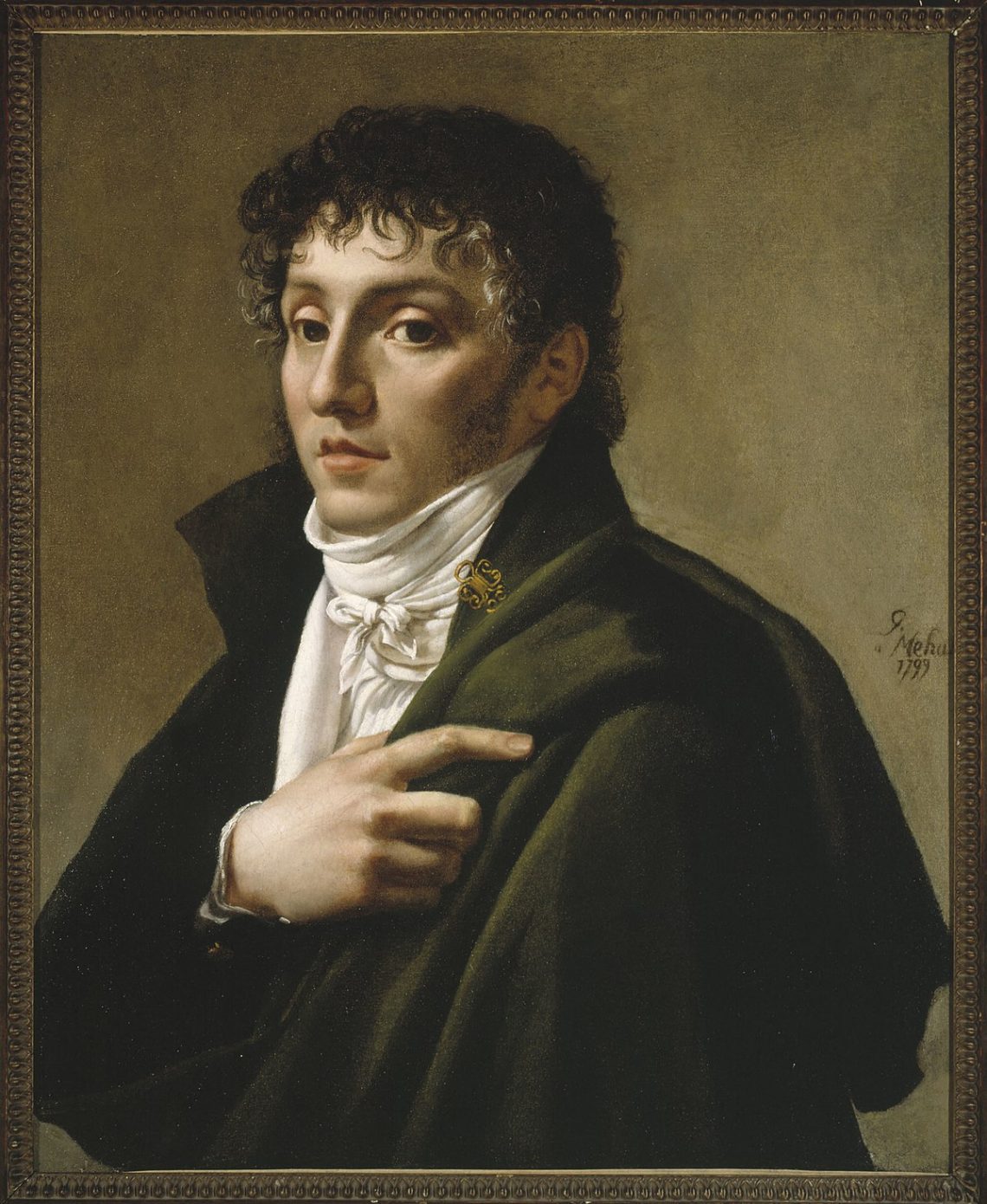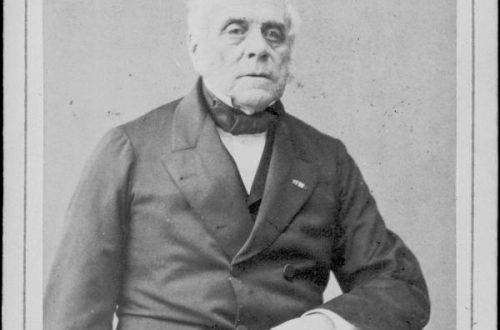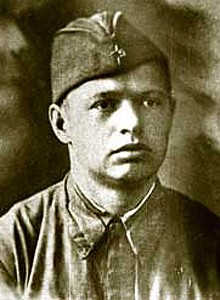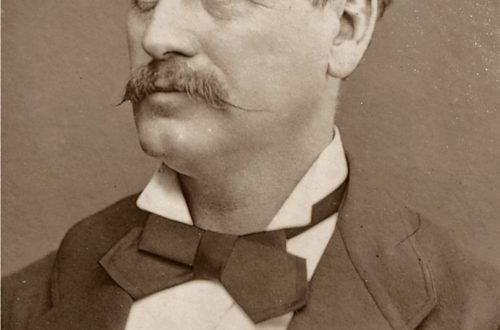
Etienne Mehul |
Etienne Mehul
“Rivals are proud of you, your age admires you, posterity calls you.” This is how Megül is addressed by his contemporary, the author of the Marseillaise, Rouget de Lisle. L. Cherubini dedicates to his colleague the best creation – the opera “Medea” – with the inscription: “Citizen Megul.” “With his patronage and friendship,” as Megül himself admits, he was honored by the great reformer of the opera stage K. V. Gluck. The creative and social activity of the musician was awarded the Order of the Legion of Honor, received from the hands of Napoleon. How much this man meant to the French nation – one of the greatest musical figures of the Great French Revolution of the XNUMXth century – was evidenced by Megul’s funeral, which resulted in a grandiose manifestation.
Megül made his first steps in music under the guidance of a local organist. Since 1775, in the abbey of La Vale-Dieu, near Givet, he received a more regular musical education, led by V. Ganzer. Finally, in 1779, already in Paris, he completed his education under the guidance of Gluck and F. Edelman. The first meeting with Gluck, described by Megül himself as a funny adventure, took place in the reformer’s study, where the young musician secretly sneaked in to look at how the great artist works.
The life and work of Megül are closely connected with the cultural and historical events that took place in Paris in the late 1793th and early 1790th centuries. The era of the Revolution determined the nature of the composer’s musical and social activities. Together with his illustrious contemporaries F. Gossec, J. Lesueur, Ch. Catel, A. Burton, A. Jaden, B. Sarret, he creates music for the celebrations and festivities of the Revolution. Megül was elected a member of the Music Guard (Sarret’s orchestra), actively promoted the work of the National Music Institute from the day of its foundation (XNUMX) and later, with the transformation of the institute into a conservatory, he taught a composition class. In the XNUMXs almost all of his numerous operas arise. During the years of the Napoleonic Empire and the Restoration that followed, Megül experienced an ever-increasing sense of creative apathy, losing interest in social activities. It is occupied only by conservatory students (the largest among them is the opera composer F. Herold) and … flowers. Megül is a passionate florist, well known in Paris as a brilliant connoisseur and breeder of tulips.
Megül’s musical heritage is quite extensive. It includes 45 operas, 5 ballets, music for dramatic performances, cantatas, 2 symphonies, piano and violin sonatas, a large number of vocal and orchestral works in the genre of mass hymn songs. Megül’s operas and mass songs entered the history of musical culture. In his best comic and lyrical operas (Ephrosine and Coraden – 1790, Stratonika – 1792, Joseph – 1807), the composer follows the path outlined by his older contemporaries – the classics of opera Gretry, Monsigny, Gluck. Megül is one of the first to reveal with music an acute adventure plot, a complex and vibrant world of human emotions, their contrasts and the great social ideas and conflicts of the Revolutionary era hidden behind all this. Megül’s creations conquered with modern musical language: its simplicity and temperament, reliance on song and dance sources familiar to everyone, subtle and at the same time spectacular nuances of orchestral and choral sound.
Megül’s style is also vividly captured in the most democratic genre of mass song of the 1790s, whose intonations and rhythms penetrated the pages of Megül’s operas and symphonies. These are the “Song of the March” (not inferior to the popularity of the “La Marseillaise” at the end of the XNUMXth century), “The Song of the Return, the Song of Victory.” An older contemporary of Beethoven, Megul anticipated the scale of sonority, the powerful temperament of Beethoven’s music, and with his harmonies and orchestration, the music of a younger generation of composers, representatives of early romanticism.
V. Ilyeva





